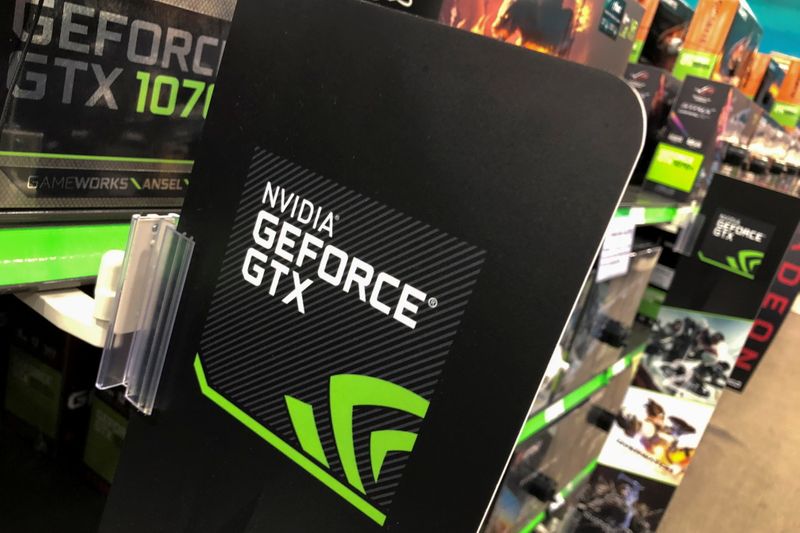Loop Capital initiated coverage of Nvidia (NASDAQ:NVDA) with a Buy rating and set a price target of $1,200, which represents a new high on Wall Street.
In their note, analysts at Loop Capital stated, “We are initiating coverage with a Buy rating and $1200 PT (63% appreciation) as we believe there is substantial upside potential to Street estimates in CY2024/FY2025 & CY2025/FY2026. Additionally, we believe we are witnessing the beginning of a 3 – 5 year period of GPU compute & Gen AI foundational development across Hyperscale.”
NVDA saw a 1.8% increase in premarket trading on Friday.
The analysts recognized the emergence of new silicon providers, both private entities and established players like AMD and INTC, as well as the anticipated launch of Hyperscale-specific internal silicon solutions in the near future.
However, they emphasized that Nvidia’s major customers are expected to fully utilize their offerings in 2024 and 2025.
Loop Capital’s research indicated that Hyperscalers are progressively shifting towards utilizing 50% to 60% GPU compute, a significant increase from the current 10%.
Furthermore, they highlighted that generative AI is driving the transition towards GPU-based computing, validating Nvidia CEO Jensen Huang’s earlier prediction about the crucial shift to GPU computing for advanced AI applications.
The analysts drew parallels to the internet buildout era (1995 – 2001), where adoption and buildout increased by 5x, reaching up to 60% saturation.
Additionally, they noted a substantial increase in IT spending among Fortune 1000 companies in 2024, with generative AI being a key driver. Expected growth in IT spending is projected at 5-8% in 2024, compared to 5% in 2023 and the typical 3-5%. Infrastructure spending is expected to rise from the typical 30% to 45%.
“This is driven by the realization among F1000 companies that they need to migrate more data into the Cloud (60% – 80% vs prior plans of 30% – 40% and current levels of 15% – 20%) to capitalize on Gen AI and to run future key applications effectively,” they concluded.




